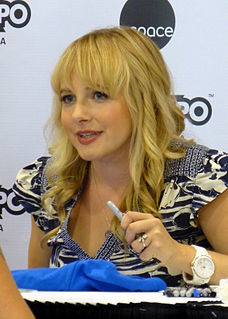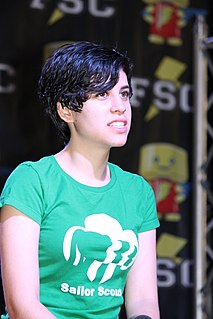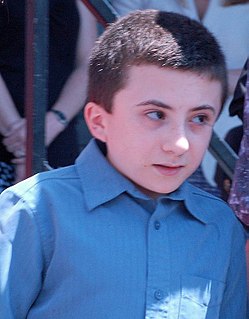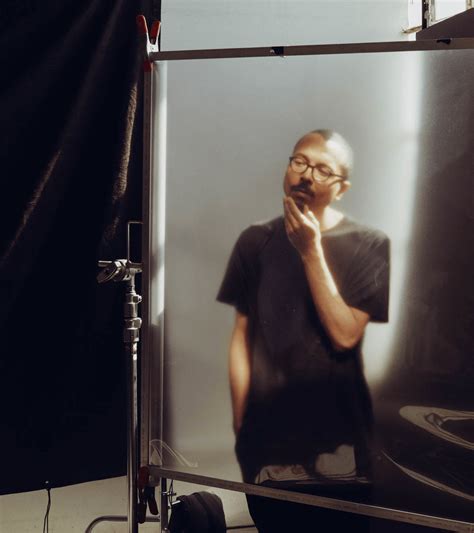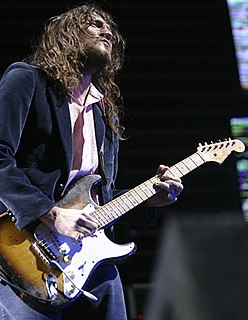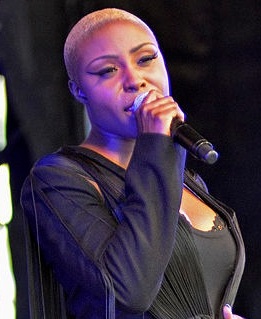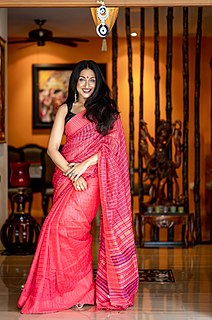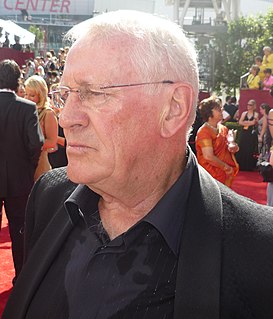A Quote by Anubhav Sinha
After 'Mulk,' I figured it's your voice that people are connecting with. So then my voice became of prime importance to me for my films.
Related Quotes
Well I’ve been doing it for about twenty years, I did films when I was a little kid, when I was about six or seven, I was in films and I had this really high voice, I did a series called Dinobabies, that was my first one. And then after that I did Madeline, yeah so it just kind of happened and then never went away. Then everyone said your voice is going to change and you’ll be out... No, no, still on helium.
Ever since I was first read to, then started reading to myself, there has never been a line read that I didn't hear. As my eyes followed the sentence, a voice was saying it silently to me. It isn't my mother's voice, or the voice of any person I can identify, certainly not my own. It is human, but inward, and it is inwardly that I listen to it. It is to me the voice of the story or the poem itself.
I had a teacher who stressed for me the importance of diction in terms of... I want to be very careful about how I say this... in terms of supporting one's voice when one is singing. In other words, if you hold on to your words, your voice will pull through for you when you're singing. So be true to your vowels.

